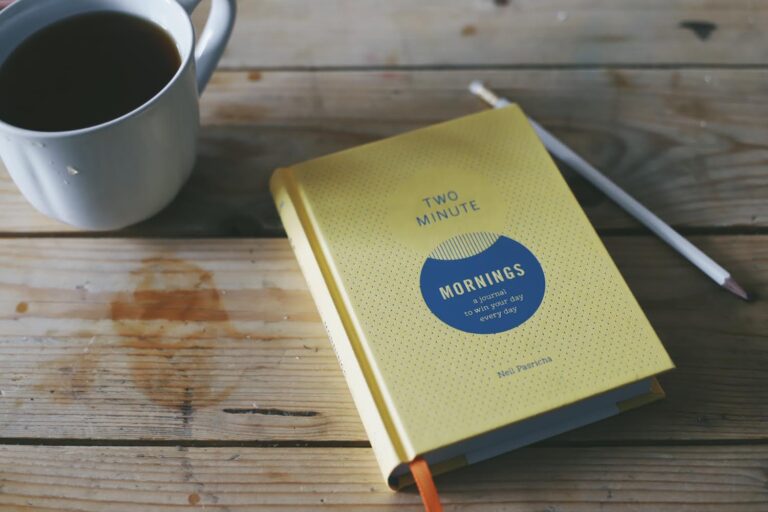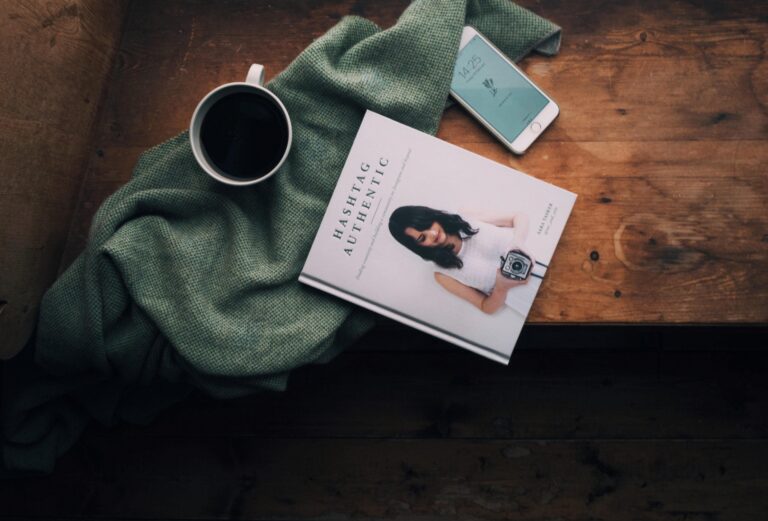Vero, Latin for ‘truth‘, is a new-ish social platform looking to do things differently.
It has been on my radar for a while now – its founder has called it’s development “the slow cook approach” – but like all social media, a platform is only as good as its user base, which for Vero was small and quite niche.
Until this week. In the last week few days it’s seen a sudden and unexpected explosion, with lots of the Instagram and Twitter community dipping a toe in – including me. I’ve been playing around for the last few days, and feel like I’m getting to grips with it all enough to give you an overall feel.
Here’s what I think you should know.
Vero – Some key points
It’s struggling right now. Due to the huge influx of sign ups, the app’s servers are struggling to cope – meaning users are experiencing timeouts, failed searches and other glitches. “We are scaling our servers to meet the increasing demand.” Vero say on their official twitter account. “We appreciate your continued patience while we work to restore service.”
The first million users get it for free. Sign up after that and you will be asked to pay a “small” annual subscription at some point – but for an important reason. Vero is ad free and intends to stay that way. No ads means no algorithms – they don’t need to control what you see because it doesn’t make any difference to them. Would you pay for a chronological, ad free Instagram feed? I would, happily, and thousands of others agree. (I’ve actually always said that this is how Instagram should have monetised, with premium memberships offering additional presets, business options etc).
You’re the customer here. On traditional ‘free’ platforms, we’re more like the merchandise – our data and views being sold to advertisers to turn a profit. On Vero, we’ll pay (or get a free paid account, if you sign up early). Being a customer gives you certain rights and expectations – because if you’re not happy, you’ll stop paying. For this reason I’d expect to see Vero employing a very different approach to tech support than the likes of Instagram, where it can be difficult to get any sort of response.
Options for business. Much like with an instagram page for your business, a Vero business page would offer its followers interesting and valuable content as well as ways to shop. Vero plans to charge users for adding this ‘shop now’ button in future – but if this converts to sales, I can’t see many people objecting to that.
No algorithms, just social. Remember when you could hop onto instagram at breakfast and share your morning coffee with you pocket friends? Remember when ‘Friday’ tweets appeared on Friday instead of as part of a ‘in case you missed it’ roundup on Saturday morning? Vero brings this back. For this reason it’s probably worth being mindful about how many people you follow or connect with, as posts are likely to come in peaks and troughs.

Connect vs follow. Vero offers two ways to interact with their users – ‘connect’ or ‘follow’. If you know someone in real life, or are good online friends (which is the same thing IMO), you should probably choose to ‘connect’. This is reciprocal, like a Facebook friend request, so they have to approve it. You can then add them as a friend, close friend or acquaintance but they won’t see what you choose, and this won’t affect how you see their posts. It is simply for setting your share privacy level, which I’ll mention in a moment.
If you like someone’s posts or work but you’re not a friend, opt to ‘follow’ – and they can choose to follow you back, or not, just like on Twitter or Instagram.
This feels a little clunky at first. I’ve had a lot of ‘connect’ requests from people I don’t know mistaking it for a follow – but if I decline them they don’t automatically move to a follow, & would have to search for me and add me again. You can set connect requests to friends only, which uses your phone number – but again, that’s not ideal as many of my friends are from the online world. I suspect it’s something that will mature as (and if) the platform evolves, to be a little more intuitive and simple, but we shall see.
Privacy levels Ever wanted to vent something on Twitter bit worried about the wrong people seeing it? Or wanted to share something personal without all of Instagram hearing too? Vero has the option on every post to share with the different friendship levels – friend, close friend, acquaintance or follower. You can even have different profile pictures to use with each group.
This feature has some interesting potential; if it becomes customisable, this could have brilliant applications for people making their content more bespoke to the audience – something the algorithms try to do on our behalf. But for now, it’s limited to the 3 friendship levels, so that’s entirely conjecture.
Likes form collections. Every time you like a book recommendation or a link or a photo, it gets added to your collection for that category. This means that next time you’re in the bookshop looking for something to read, you can bring up your book collection and see all the things you were interested in from your friends. Pretty clever, right? The downside is, of course, that in order to use this feature, people will need to be careful with their likes. I’ve already talked a little about what can happen in a ‘like-based economy’ when people are guarded about spending theirs (full post on this topic is in the works), but of course, with no algorithms, like count shouldn’t matter as much on Vero.
Mobile only. As of now there’s no browser version, as far as I can tell. That means you can’t link to your page from your website, or share your posts with people who don’t have the app and an account.
The terms of service. There’s been some concern about the terms of service,in particular the usage rights. It’s worth remembering here that all social media platforms have reams of terms that few of us ever look at, as we all blithely click ‘agree’, so, it’s good that people are actively looking into the terms before jumping in. That said, it was only a few years back that Instagram faced a drama for introducing the exact same terms. I distinctly remember randoms at work coming in raving about how they’d deleted their account for fear that Instagram were going to steal their blurry, yellow-filtered photo of their dogs. Instagram updated their terms to be more clear in response, and Vero have already done the same. I’m not a lawyer so I can’t tell you whether it’s safe or not, but as the platform’s entire mission statement promises no data mining and respecting privacy, I’m willing to give them the benefit of the doubt.

Who’s behind it. A Lebanese billionaire living in Saudi Arabia, Ayman Hariri collects rare comic books and geeks out about meeting action hero stars on his Vero page.
Since the explosion of Vero’s popularity this week there have been posts circulating linking Hariri the poor treatment of workers following his family business’s collapse. I’m as naturally suspicious of a Saudi-based billionaire as anyone, given the country’s ties to extremism and human rights violations, so I conducted my own research prior to writing this post. All I could really conclude was that it’s an immensely complex situation (including the assassination of Hariri’s father!), and I struggled to find anything detailed enough to help me form a definite opinion – which is why I left it out. Some Arabic sources supposedly say Hariri had left the company prior to the scandal, but English-language sources are scant on detail. I’m optimistic that we’ll get clarification on the issue via the mainstream press in the coming few days, or perhaps even a statement from Vero themselves, which will allow people to make an informed decision.
I’m interested if anyone has links to sources that dig deeper than what I have found and will continue to update this post if/when new things emerge.
It’s worth saying that some of the initial Instagram Stories we saw circulating about it took a very dramatic, tabloid-like approach which many felt to be more about the creator’s fear of something new detracting from their Instagram profile than any true sense of social conscience. There are even wild rumours on Instagram of people being paid to post negatively about the Vero founder. It’s hard to know where to look to find a truly balanced, unbiased perspective on the topic, so ultimately I’d urge you to do your own research if you feel at all concerned about the above.
Yes, I’d dearly love an ethical, liberal female-led platform to emerge, but until it does, we’ll probably all continue to use what’s available, and learn from their mistakes. Given Zuckerberg and Facebook’s role in the US election, I’m not sure the devil we know is really all that much better.
Also worth noting: the founders are all male, from what I can see, and so far, all the Verified features users have been male too.
Deleting your account is difficult. At the moment it seems like you have to contact customer service’s to request a deletion. This is definitely annoying, but perhaps not that unusual – Facebook famously seems to retain your account details forever, and only last month I signed up to a trial of some webinar software that required me to actually phone a US customer service team to cancel my subscription! So far deletion requests from those concerned about the above issues seem to be being processed without problems.
Their servers are based in the UK. That’s good news for data security as, Brexit or no Brexit, UK data storage is beholden to the new, ultra-strict GDPR. However, see the comments below for a possible contradiction to this.
Is it worth your time?
This is ultimately the question most people want to know, and it’s one nobody can answer for you. I personally believe all new platforms are worth investigating for online creatives – whether they ultimately sink or swim. Sure, MySpace died a death, but if we hadn’t had that, we probably wouldn’t have been ready for Facebook. Yes, Steller Stories never became what we hoped, but what we learned there translates brilliantly to Instagram Stories. As long as you’re learning and growing when you use a new platform, then it’s never a waste of your time.
For me the main attraction of Vero is it’s promise to be algorithm free. Much of the discussion around algorithms tends to focus on numbers, which matter – of course. But the bigger menace of them from my perspective is that we’re handing control of what content we consume back to big businesses and advertisers. If I wanted someone else to decide what pictures and words I saw, I’d just go ahead and buy a magazine. Social media was supposed to be free and organic, and Vero has a whiff of those earlier times.
Will Vero become the next big thing? Ultimately it will be down to two factors: who adopts it, and how well they use it.
Right now everyone is just trying it out, and so there’s a lot of low-value posts and digital clutter from people you might not know very well. There has to be enough motivation for people to stick around through this, in the form of connection, quality content and the dopamine spike of engagement-rewards that we’re all increasingly used to. If it fails to do so it will likely go the way of other platforms – but the hype around this one has proven there’s a gap people are looking to have filled.
Right now we can’t see where it will go, but I think it’s likely that Instagram and co are watching closely. If you’ve ever wanted to prove how valuable a non-algorithmic homefeed is to you, joining Vero is a pretty good way to vote with your feet.
Find me on Vero by searching for ‘Sara Tasker’ or #meandorla.

Last updated 27th February
Hashtags for Instagram
Every month, I gather up a selection of winning hashtags and send them straight to your inbox, for free.
Sign up to receive my newsletters every month.







No Comments Yet